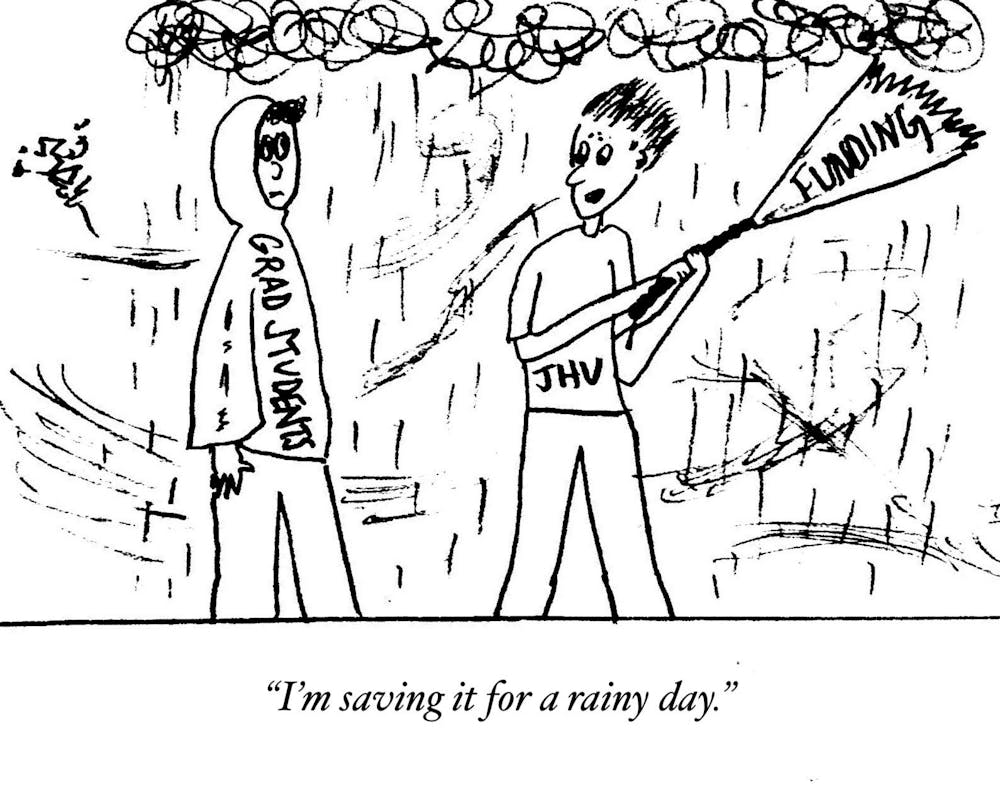For years, members of the Teachers and Researchers United (TRU), a graduate student organization, have called on the University to recognize them as an official union. Since the start of the pandemic, the need for this has become increasingly clear. Over the past 11 months, the University has failed to adequately support its graduate students, despite their crucial role in our institution’s functioning.
In May, graduate students raised concerns about funding from the University but received little assurance that the administration was working to provide equitable protections during the pandemic. Many graduate students have suffered mental and financial insecurity in the past year and feel as though the University is prioritizing its bottom line over the health, wellbeing and education of its community.
In response to requests for financial assistance, the University directed graduate students to seek support within their individual departments. TRU has found this effort to be insufficient and inequitable.
At best, students in certain departments are receiving additional funds. But not every department has the same resources. This leads to an unbalanced distribution of aid, worsening inequities between well-funded and underfunded fields.
At worst, these departmental funds have been impossible to access. Students in the Krieger School of Arts & Sciences who weren’t able to receive funding from their departments were told to send a petition directly to the Dean. However, administrators told The News-Letter that those students’ petitions were not received and should instead be channeled through department heads. The convoluted nature of this funding process, combined with subpar communication on the University’s part, has prevented graduate students from getting the assistance they need.
Given the impact of the pandemic, administrators should offer all graduate students additional funding, regardless of department, as well as situation-specific support.
The University could do this – we finished fiscal year 2020 with a budget surplus of $75 million. According to an external audit of University finances last June, there is an additional $969 million labeled as “undesignated” reserves, which remain under the University’s Board of Trustees discretion to use.
According to TRU’s estimates, it would cost the University only $43 million, or around 4% of those undesignated funds, to secure stipends, healthcare and tuition remission for all PhD students at Hopkins for one year.
The University has claimed that it is growing the endowment “to ensure that our mission is not as vulnerable to shifts in federal research support, clinical revenues and tuition.” Yet, as History Professor François Furstenberg has argued, we are seeing losses in all of these areas due to the pandemic. Shouldn’t unreserved funds in the endowment be used to weather an unprecedented crisis like COVID-19?
Graduate students are integral to our University’s reputation as a leading research institution. It’s time that administrators allow graduate students to unionize and listen to what TRU has been saying for months — they need financial support.
Correction: The article originally stated that it would cost $43 million to secure an additional year of funding for PhD candidates. According to TRU, the $43 million would cover stipends, healthcare and tuition remission for all PhD students at Hopkins for one year, not just those who have already advanced to candidacy and reached All But Dissertation status. The News-Letter regrets this error.





